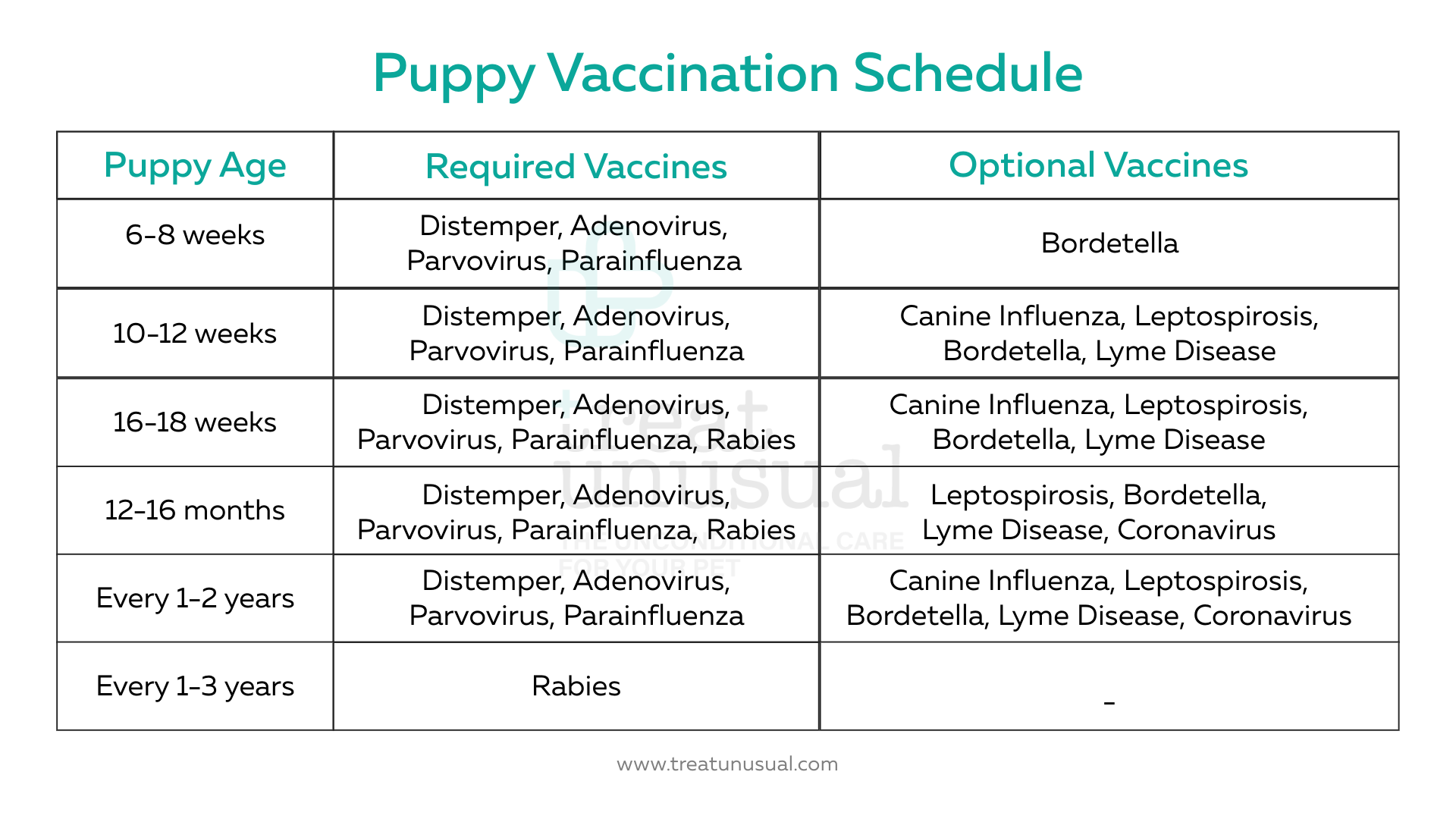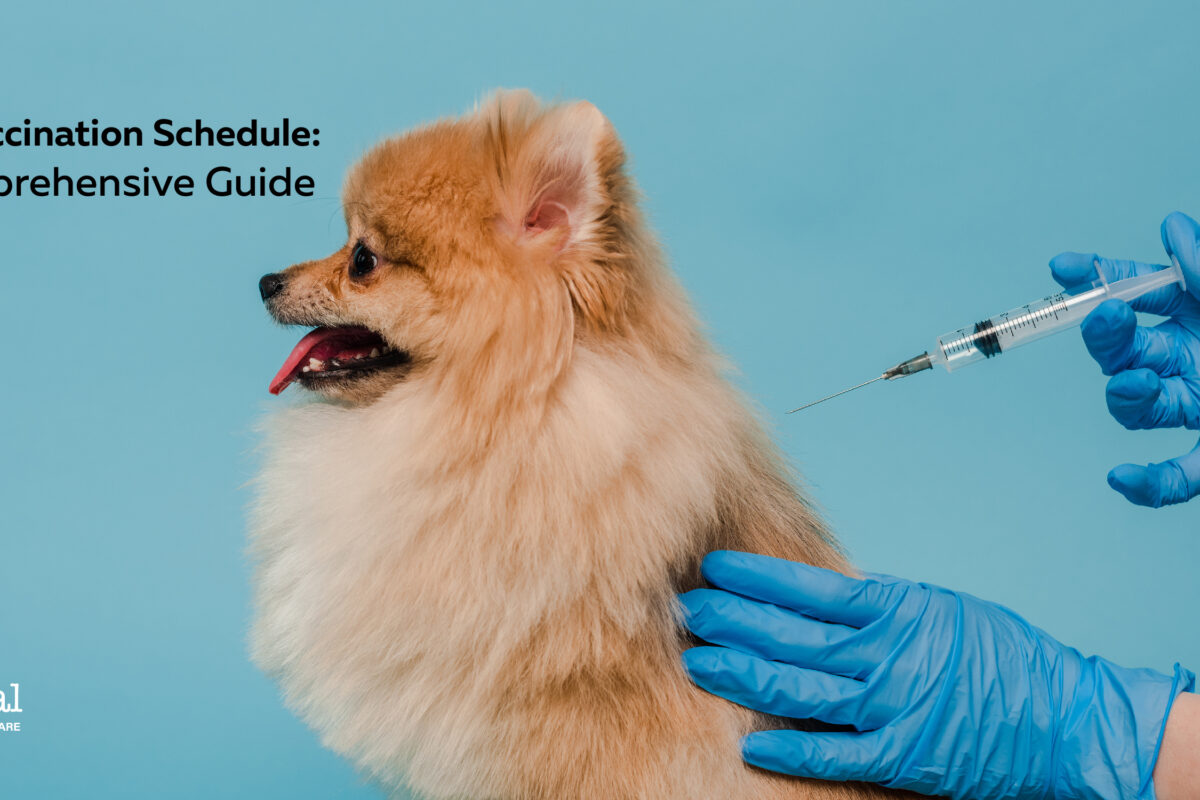If you have a puppy at your home or if you’re planning to adopt a puppy recently then you might have few doubts like, how to look after these puppy, what to feed, when to vaccinate, how to keep them safe in home, etc. Even if you think you know are you doing it correctly? Here is the full information regarding Puppy Care and Management below 90days.
- Separation of Puppies from Mother
First most important thing is to know when is the right age to separate the puppy, as puppies will be feeding the mother’s colostrum and the colostrum fed to puppies in these initial days plays a major role in the health and immunity throughout the life. As Colostrum is super rich in all nutrients and immunoglobulins which is very crucial for puppy’s growth, especially in the first 90 days of their life as in this age puppies grow very rapidly. Similarly, the immunoglobulins transferred via colostrum gives innate immunity and protects the puppy from many common diseases throughout its life. It is advised to separate/ wean the puppy only after 35 days in case of large breeds it varies from 40 to 45 days.
- General Check Up
Most of the case when a pet parents adopt a puppy they have very poor history of the puppies mother, father and about the initial days of puppy. In few cases the puppies may have some developmental anomaly which is unnoticed by most of the pet parents, so it is always better to go to a Vet for a general check-up.
- Deworming:
There are lot of parasite which resides in puppies’ gastrointestinal tract which is of a serious concern as these parasites will drain the nutrients from puppies and won’t allow puppies to grow and few parasites cause anaemic condition in puppies. In Usual scenario the puppies should be dewormed starting on 15th day till 90th day with an interval of 15 days from one dose to another.
- Tick and Fleas:
These external parasites are one of the major cause of transmissible diseases and in puppies due to underdeveloped immunity have more chances of picking fever. Regular checking and care is needed to avoid ticks and fleas there are many anti tick powder available in market you can take advice from your vet and use one of them as advised.
Note/Caution: Please don’t use any anti-tick medication without an advice of Vet as most of the anti-tick powder or medication or extremely dangerous if wrong one is used or used in an inappropriate way
- Vaccination:
There are many common diseases which is very dangerous and life threatening to dogs. Immunising the dog is the best way of preventing puppies from thesedisease, as we humans do for TB, Corona, Typhoid, etc. It is advised to vaccinate the puppy on 45th day with a multicomponent vaccine and then take a booster on 60th day and another booster dose on 90th day with rabiesvaccine. The booster dose of rabies should be taken after 1 month of 1st rabies vaccine (120th day). Please Note that the Vaccination day and the type of vaccination is completely dependent on the Veterinarian based on his or her analysis that what kind of vaccine will be preferred at that particular geographical region and what day the first vaccination and what day the booster to be given, hence the schedule and vaccination type is completely depends on Vets Practice and that advice will always will be the best for your geographical area as many diseases or more prevalent in perticular regions.
- Hygienic care:
Until 2nd vaccination it is advised not to allow your puppy to veranda or near to slippers and in parking area where there is a contact with objects like car, bike, slippers or any items which is in contact of outside environment as these days before 2nd vaccination the puppy is less immune against many disease and there is a high chances of puppy picking any infection and getting diseases.
- Feeding Puppies:
Puppies grow very rapidly till 1 year, and nutrients reaching them through feed is very crucial in building a healthy body. The food given to puppy should be nutritionallywell balanced with sufficient protein, energy, minerals and vitamins. Food should be given 4-5times a day and water should be made assessable 24X7.
Milk replaceris an important diet that must be fed to puppies soon after the separation of them from its mother. Soak milk replacer in Luke warm water to make it a liquidy-pasty consistency and feed them 4-5 times a day.
Puppy starter feed:After 70-75 days, gradually introducethe puppy starter, soak it in Luke warm water to a pasty consistency and then feed.
Please note that dogs are Carnivorus and they must eat natural animal protein from these natural protein source like chicken, egg, mutton, etc. It is always recommended to give the meat without bones and with little salt and turmeric, fully boiledand made to soupy consistency. If you are a Vegetarian, id you cant cook non-veg, then you can prefer commercial available food.
Please note puppies should never be given Beef and small bones for eating
- Minerals and Vitamins:
As puppies grow very rapidly in these age and their skeletal system is also growing very rapidly, all Minerals and vitamins plays a major role in growth and especially calcium supplement if not met the puppies requirement the puppies grow with deformed legs and skeletal systems. Commercially there are many Calcium, Multivitamin and Multi-mineral syrup, please take a advice from your vet on the quantity to be used to your dog, as it depends on its body size and growth.
Avoid these Food to Puppies (They are harmful): Onion, Garlic, Dark Chocolate, Orange, Lemon, Grape, Avacado, Raisins, Cherries, Peaches.
- Behaviour Care:
Bitting cloths, slippers and mats are common behaviour of puppies when their teeth is growing and later it becomes a habit. To make this behaviour safe to puppies and to avoid the loss of valued items many soft toys are available any of them can be used.
As puppies tend to chew there are many chances of swallowing small items usually find in home like bottle cap, pen cap, eraser etc. to avoid these please keep your home Puppy proof with no items in floor or sofa, which puppy can swallow
- Love and Care:
More than all the things said in this blog, your love and care is the one which keeps them happy and safe, considering them as one of our family member and caring them is the most beautiful thing you could do and feel.





